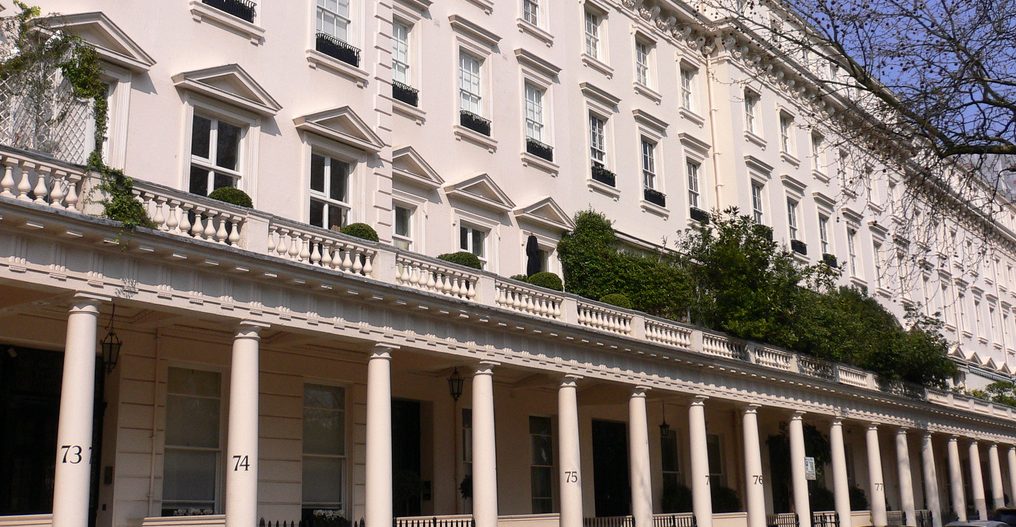Pent-up demand for penthouses?
By Vivienne Shirley, Senior Consultant
The super-prime market is rarely affected by the vagaries of the general housing market, but it is a very good guide to confidence in the economy – if rich people are investing in London, they obviously think the UK has a prosperous future.
With this in mind, many will be relieved by new research revealing sales of “super-prime” multi-million pound properties in London have remained remarkably resilient. Despite ongoing fears of a no-deal Brexit leading to financial disaster for the country, overseas investors are reported to have splurged over £400m on four super-prime central London properties in the last couple of months alone.
Knight Frank’s latest super-prime market insight report shows the number of super-prime transactions was marginally down on the previous year, from 133 to 121, though the total sales value was up 22% on 2017 and 23% on 2016. The report suggests this could be due to the instability of the general election and Brexit referendum respectively in those years. The number of prospective buyers has also increased, though prices have declined to more than make up for the higher rates of stamp duty introduced by Osborne in December 2018.
West is best
Sales have been most resilient in areas such as Notting Hill and Chelsea which attract more needs-based buyers – British-based buyers who will remain in the UK regardless of Brexit. These areas are also boosted by the greater availability of wider-layouts in homes, which are generally preferred by purchasers. Research by Coutts also agrees ‘west is best’, with the only areas showing positive annual growth in prime property prices Chelsea, Kensington, Notting Hill & Holland Park, St John’s Wood, and Regent’s Park & Primrose Hill.
Both reports suggest potential buyers are holding off until a sensible Brexit agreement is in sight and will then pounce as Rory Penn, Head of Private Office at Knight Frank, explains: “Viewing levels remain high and a number of buyers have been scrutinising the market over a long period of time…
“Once there is a feeling that a sensible Brexit deal has been reached and speculation over the future of the government dies down, I believe there is a certain amount of pent-up demand that will be released.”
Caution in the London market
The caution seen in the super-prime market reflects the rest of London’s housing market, with figures from the Office for National Statistics showing the average cost of a home across the capital slipped by 0.3 per cent to £482,000 in the year to September. Flats have been hardest hit, with the average apartment costing almost £16,000 less than in July 2017.
Jonathan Samuels, chief executive of property lender Octane Capital, noted: “London continues to be the weak link in the UK’s property market… As one of the world’s foremost financial hubs, the capital is highly exposed to the fall-out from Brexit.”
What’s next?
Buyers and sellers will be anxiously watching the result of the Brexit parliamentary vote in the next few weeks and as far as the market’s concerned, the sooner a sensible Brexit deal (or exit from Brexit) is reached the better.
Mohammad Syed, Head of Asset Management at Coutts, concluded, “The end of Brexit uncertainty – when it arrives – is likely to release some pent-up demand and see a rise in market activity and prices. But we believe that it will be some time before transaction volumes return to the levels seen in 2013.”

Strategic land and site promotion
“Chelgate gives a real insight into political thinking at all levels and all political persuasions, …

Energy and infrastructure
From new nuclear and unconventional gas to renewables, waste and airports, our team has worked …


